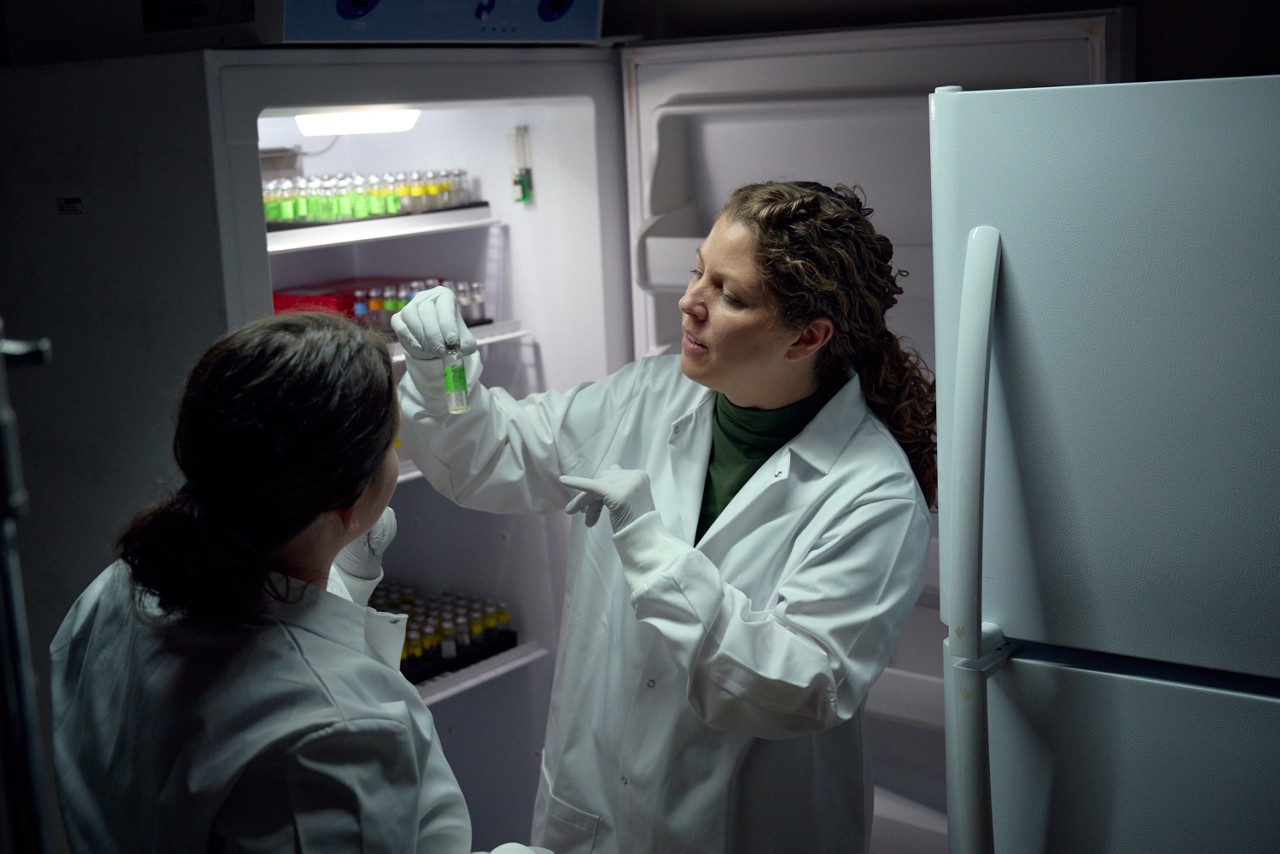Microbes are tiny organisms such as bacteria, archaea and viruses that cannot be seen by the naked eye.
While they may be small in size, they have a big impact on the world. Life-saving drug discoveries, climate change solutions and genetic engineering are just some of the things in which microbial research plays a key role.
Geomicrobiologist Dr. Brandi Kiel Reese has dedicated her life to testing, researching and analyzing these fascinating microbes.

Probing into these tiny worlds does come with certain challenges, however. As Brandi studies microbes in extreme environments, such as those buried deep within the sediment under the sea floor, her samples are inherently hard to manage. Not to mention, the sediment Brandi works with has such low biomass that she needs the testing to be as accurate as possible.
Understanding the intricacies of Brandi’s studies, Tracey Lavezzi, a Genetic Solutions Specialist at Thermo Fisher Scientific, suggested digital PCR to interrogate rare water samples in order to increase the precision and speed of her research.
The innovation did exactly that, explains Brandi. “Digital PCR allows me to get single copies of genes in an accurate and precise way that I've never been able to before.”

Healthier
